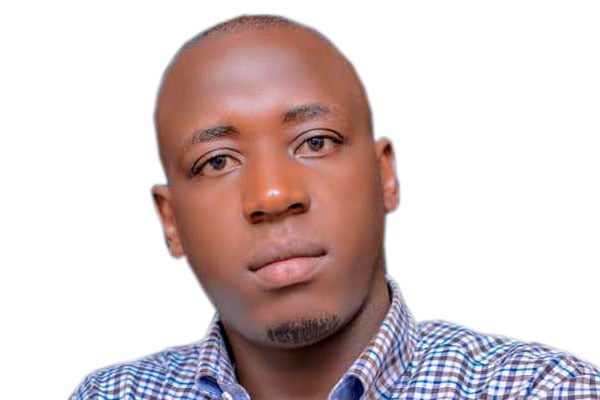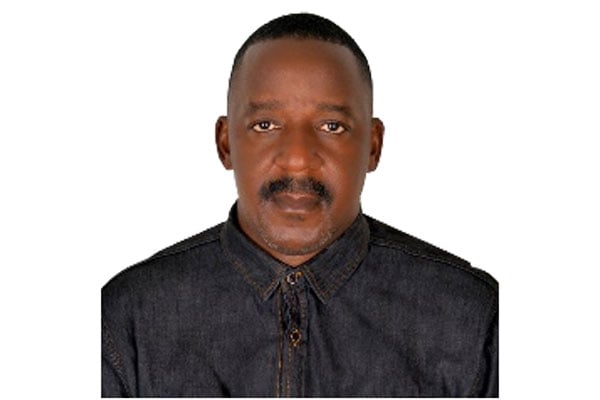
Mr Nicholas Sengoba
Not so long ago I visited a big man, in the NRM set up, in one of the upscale neighbourhoods of Kampala. In there, it was all gaudy and kitsch. You got the sense that too much money was pushing the owner to have more cars, sofa sets, cheap art and décor than was necessary. The place was also very empty of human beings and there was a ghastly silence too. With my host, we sat in the vast living room where the plump maid in a short skirt served us Chinese tea. You only heard occasional distant bunters and laughter from the servant’s quarters. There, his armed bodyguards and handlers find their abode.
He told me the family had relocated to North America and that it was now the in-thing for people like him.
So why was that? In his cryptic words Uganda has become tricky. ‘What if we wake up one morning to the news that Mzee did not open his eyes after going to bed? We would be the target of very many angry Ugandans.’
I told him there was a Constitution, a Vice President, Chief Justice, Speaker etc. He looked at me with contempt. Then I changed. I said that I had always heard him preaching the peace and tranquillity ushered in by the NRM. That this had brought prosperity, built a vibrant economy, lifted many out of poverty and united Ugandans. Besides they have the fall-back position of the army (magye) as Evelyne Anite and lately Chris Ariko Obore, have told the world.
So, what was there to fear? He laughed and rolled off a long list of people in the magye who took the exile route before him. He said he would be foolish to risk believing his own rhetoric.
The phenomenon of Uganda’s elite in a highly ethical polity voting with their feet since Independence, is not new. After the 1966 crisis when the central government attacked the Mengo palace and exiled the first President of Uganda and King of Buganda, Ssekabaka Edward Walugembe Muteesa II, many Baganda took off. After Idi Amin deposed Obote in 1971 it was the turn of mainly the Langi and Acholi who were of Luo origin like Obote. When Amin fell in 1979 it was the turn of the Kakwa, Nubians and many of the ethnic groups from West Nile who were deemed to be Amin’s kinsmen. When Obote returned in 1980, ending the UNLF arrangement, Baganda and the West Nilers fled. When NRM landed in 1986 the Acholi and Langi invited themselves out of the country.
It is significant that fleeing ethnic groups were running away from what they perceived as potential reprisals from a different, hostile ruling ethnic group.
The case of NRM is strange. Most of the current trend of exiles; people like my NRM man told me are mainly from Western Uganda. Generally, most of the top guns of the ruling NRM in all spheres, ethnically originate from the West (Ankole and greater Kigezi) like Museveni. They are doing well economically and are under no apparent threat from their ‘kinsmen’ in power.
But like my NRM man observed, there is a dark cloud of fear and uncertainty that hangs over their heads like the proverbial sword of Damocles.
Since 1986 Museveni has been running a government where power is centralised in his hands and assisted by a trusted circle which includes members of his family like Minister Janet Kataha Museveni, Gen Salim Saleh, Gen Muhoozi Kainerugaba, the chief of defence forces, and Odrek Rwabwogo, who is a son-in-law to the President. This has overshadowed the State as it should be. There are no clear structures of governance in this amorphous, highly personalised and ethicised arrangement. Its core function is to perpetuate the government in power at the expense of the State and Uganda at large.
The judiciary, legislature, public service, the army and the police are all placed on a short leash with practically no real effective power. So is the economy and the politics where rewards and punishments relate to usefulness in keeping the government in power.
To micro manage them effectively means that trusted people who may not be competent are put in charge. Sycophants and other wide eyed opportunists are hand-picked or wangle and social climb to serve this motive. Many are untouchable because of the ethnic relationship to the rulers of the day. Also as long as they exhibit usefulness in as far as keeping Museveni’s government in power they have a licence to steal. Museveni has always praised and defended them for patriotically investing their loot in the country which has collapsed the State.
We have ended up with a highly corrupt government that benefits very few who have amassed a lot of wealth. The State has become unreachable and alien to many as the corrupt use it to oppress and achieve their parochial desires of self-empowerment and aggrandizement.
The social safety net which includes education, health, infrastructure like roads and housing has been privatised to benefit those with economic means, who are few. The rest struggle to get services or die.
The few who have benefited are aware that they have not done so through honest hard work and that most of their fortune has left many in tears, anger and bitterness. Social media gives us a sense and census of the armies of angry people.
Besides they understand that the system that has brought them this far is courtesy of the whims and existence of Museveni. This may not be sustainable beyond his life span, which like for all of us, keeps decreasing by the day.
The challenge is that there is no clear-cut, safe and obvious, insured path of what will happen to persons in the ruling cabal, families, beneficiaries and their property should the Museveni system end abruptly. Will the one who comes after Museveni accommodate them or be hostile? What about the many victims of NRM’s misrule? Will they let ‘their people’ be or target them? It is all uncertain.
That is why many who have the means are relocating their families. Only the ‘essential worker’ remains in Uganda to continue benefiting from the Museveni regime and preaching its gospel while maintaining an active visa, should the need arise!
Mr Sengoba is a commentator on political and social issues
X: @nsengoba







